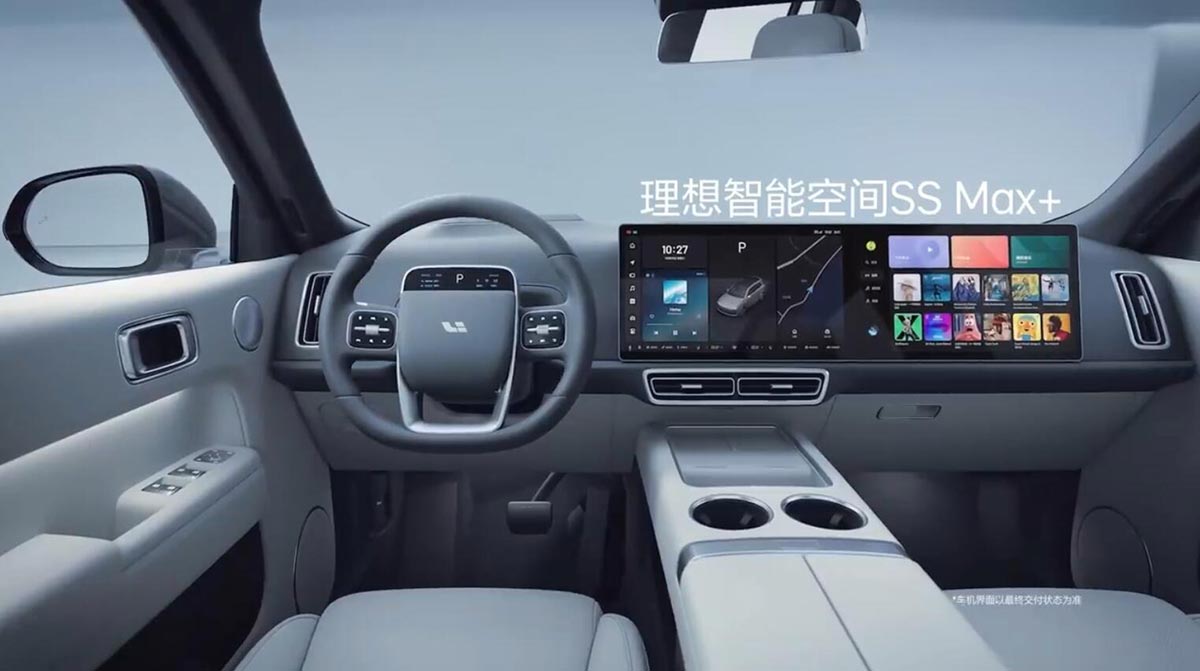The Li L9 Pro does not come with LiDAR, and the assisted driving chip has been switched from 2 Nvidia Orin X chips to a Journey 5 from Horizon Robotics.

(Li L9 Pro. Li Auto website screenshot.)
Li Auto (NASDAQ: LI) has rolled out a new variant of its flagship SUV, the Li L9, that removes LiDAR to allow for a lower price.
Li Auto today officially launched the Li L9 Pro, with a starting price of RMB 30,000 ($4,200) lower than the Li L9 Max, the only version of the Li L9 previously on sale, at RMB 429,800.
Aside from not being equipped with LiDAR, the Li L9 Pro's assisted driving chip is Journey 5 from local chipmaker Horizon Robotics, and the assisted driving system is AD Pro.
Li Auto launched the Li L9 on June 21, 2022, when only one version, the Li L9 Max, was offered with 2 Nvidia Orin X chips.
Li Auto uses the Pro and Max to differentiate between its different assisted driving systems, similar to what it does for different models.
The AD Pro is powered by Journey 5 with 128 TOPS of computing power, which does not use LiDAR and relies on vision to sense its surroundings.
The AD Max comes with 1 AT128 LiDAR supplied by Hesai Technology and 2 Nvidia Orin X chips for a total computing power of 508 TOPS.

(Li L9 Max. Li Auto website screenshot.)
Aside from the differences in price, LiDAR, and assisted driving system, the Li L9 Pro and Li L9 Max are identical in all other configurations, according to the model's spec sheet.
The Li L9 Pro is now available for customer ordering, and deliveries will begin within August, Li Auto said.
Li Auto's naming of its models is similar to Apple's naming of iPhones, using Air, Pro, and Max to distinguish different versions of the same model.
All of the company's current models are extended-range electric vehicles (EREVs), with the other two models being the five-seat Li L7 and the six-seat Li L8.
Both the Max versions of the Li L8 and Li L7 cost RMB 40,000 more than the Pro versions, which are RMB 20,000 more than the Air versions.
The Li L9 Pro is the latest card Li Auto is playing with its flagship model in response to increasing competition in the market.

Li Auto's market share in premium SUVs has reached 22 percent, suggesting that it may have reached its near-term ceiling, considering that even German luxury brands Mercedes-Benz, BMW, and Audi each have a share of around 20 percent, Deutsche Bank analyst Edison Yu's team said in an August 1 research note.
Notably, Li Auto is currently facing capacity constraints. The company delivered 34,134 units in July, up a modest 4.79 percent from 32,575 units in June.
Li Xiang, Li Auto's founder, chairman, and CEO, said in an August 1 Weibo post that capacity is the only bottleneck the company is currently facing, and that it's unsolvable in the current quarter.
In the fourth quarter, Li Auto will challenge itself to hit the 40,000-unit monthly delivery mark, Li said on July 1.
($1 = RMB 7.1865)
Li Auto Q2 earnings preview: Strong quarter expected, what else to watch?




